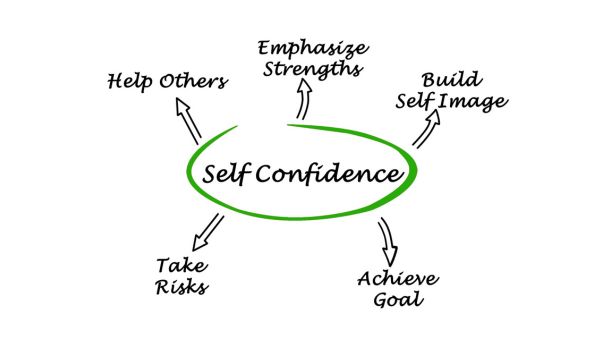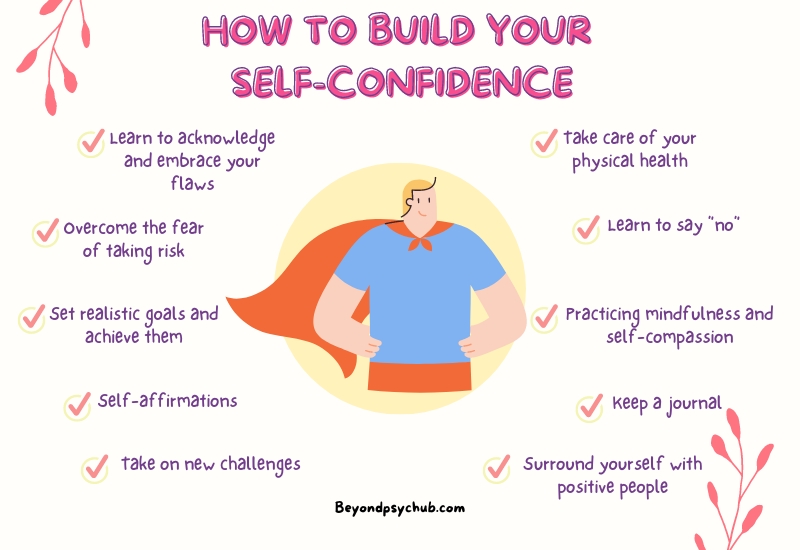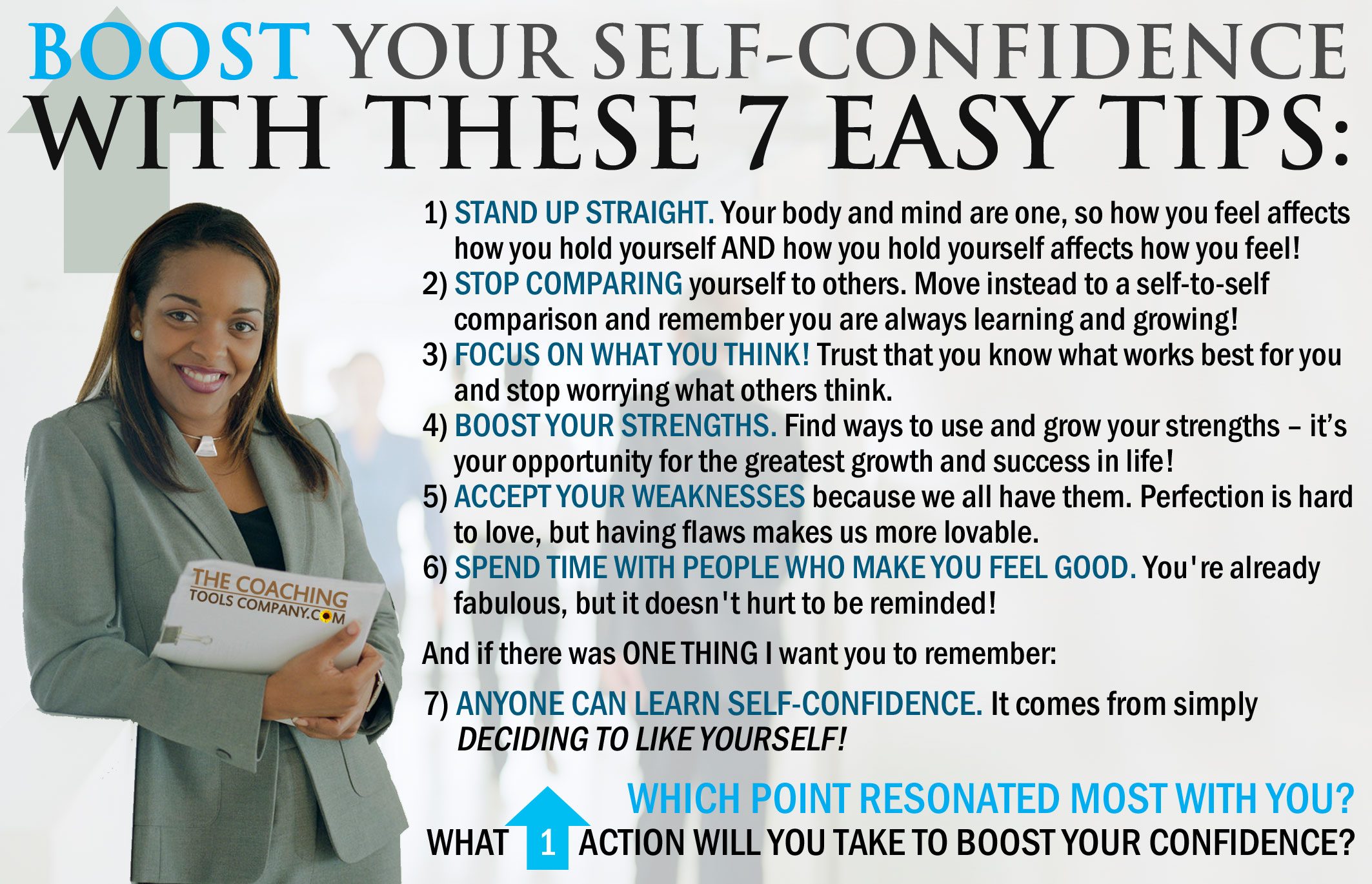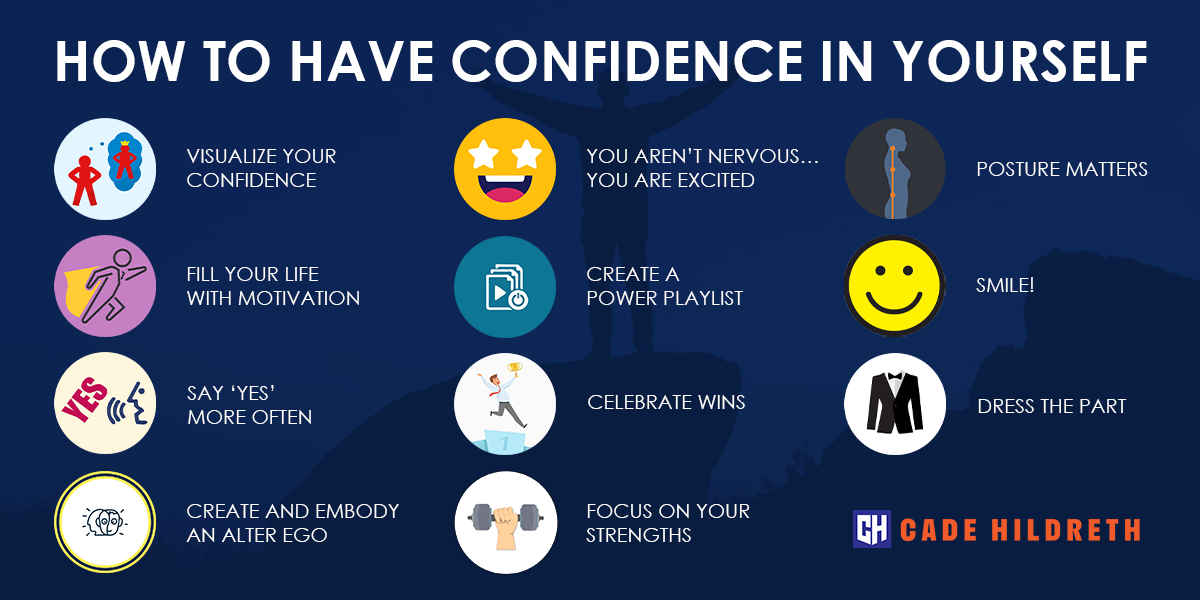How To Be More Confident In Yourself
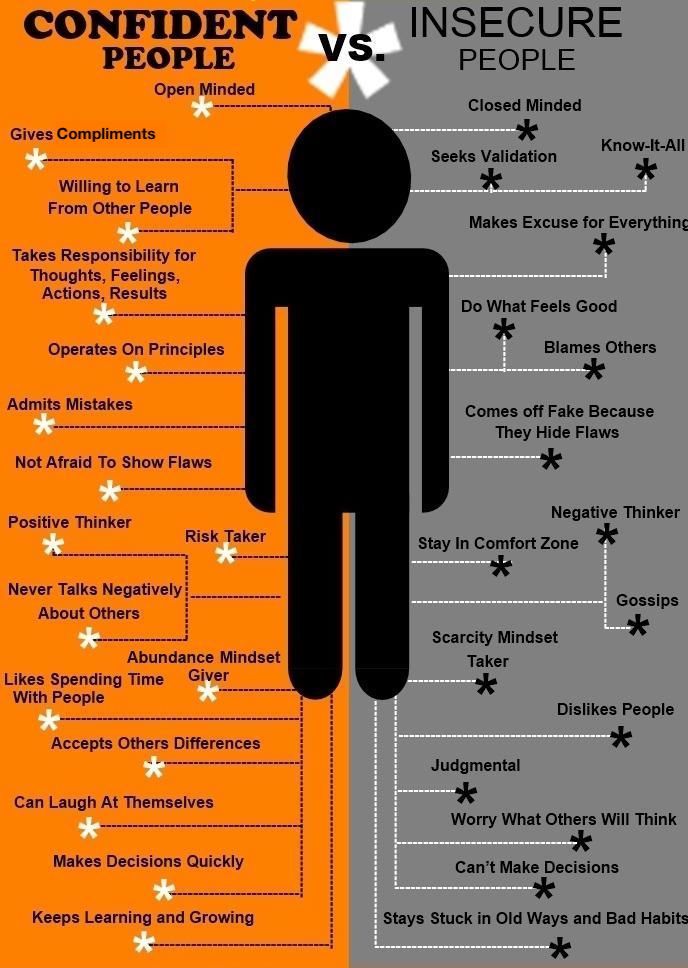
Struggling with self-doubt? You're not alone; a lack of confidence affects millions, hindering personal and professional growth.
This article provides immediately actionable strategies, backed by psychological research, to boost your self-assurance starting today.
Understanding Confidence: It's a Skill, Not a Trait
Confidence isn't an innate quality; it's a skill developed through consistent effort.
According to a study by Stanford University, individuals who attribute success to effort are more likely to persevere and build confidence compared to those who believe success is solely based on inherent ability.
Recognize your strengths and focus on building upon them.
Actionable Steps to Immediate Confidence Boost
1. Challenge Negative Thoughts: The Cognitive Restructuring Technique
Negative self-talk erodes confidence. Identify and challenge these thoughts.
The Cognitive Behavioral Therapy (CBT) technique of cognitive restructuring involves questioning the validity of negative thoughts and replacing them with more realistic and positive ones.
Ask yourself: is this thought based on fact or feeling? What evidence contradicts it? Replace it with a more balanced perspective.
2. Embrace Imperfection: The Power of Self-Compassion
Perfectionism is a confidence killer.
Dr. Kristin Neff, a leading researcher in self-compassion, emphasizes the importance of treating yourself with the same kindness and understanding you would offer a friend.
When you make a mistake, acknowledge it without harsh self-criticism. Learn from it and move forward.
3. Set Small, Achievable Goals: Building Momentum
Overwhelming goals lead to discouragement.
Break down large tasks into smaller, manageable steps. Achieving these smaller goals creates a sense of accomplishment and builds momentum.
This "small wins" strategy, popularized by Teresa Amabile and Steven Kramer, boosts morale and fuels confidence.
4. Practice Confident Body Language: Projecting Assurance
Your body language communicates your confidence levels, both to yourself and others.
Studies show that adopting confident postures, such as standing tall with your shoulders back, can actually increase feelings of power and self-assurance.
Amy Cuddy's TED Talk on "power posing" highlights the significant impact of body language on hormone levels and confidence.
5. Prepare and Practice: Reducing Anxiety Through Familiarity
Lack of preparation fuels anxiety and undermines confidence.
Whether it's a presentation, a job interview, or a difficult conversation, thorough preparation reduces uncertainty and increases your sense of control.
Practice your delivery, anticipate potential questions, and visualize success.
Long-Term Confidence Development: A Continuous Journey
Building lasting confidence is an ongoing process that requires consistent effort and self-awareness.
Seek feedback from trusted sources, celebrate your progress, and continue to challenge yourself to step outside of your comfort zone.
"Confidence comes not from always being right, but from not fearing to be wrong." - Peter T. McIntyre
Start implementing these strategies today. Track your progress and adjust your approach as needed.
Consult a therapist or counselor for personalized guidance if you are struggling with significant self-doubt or anxiety.
